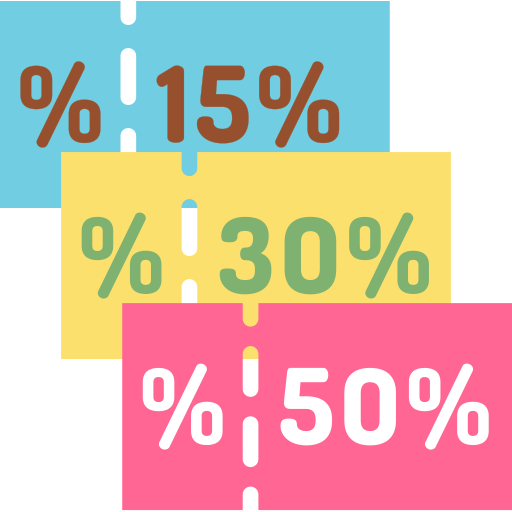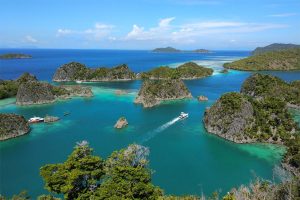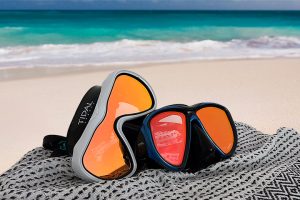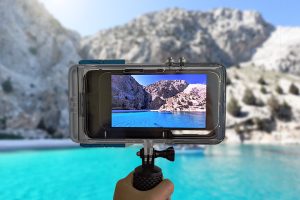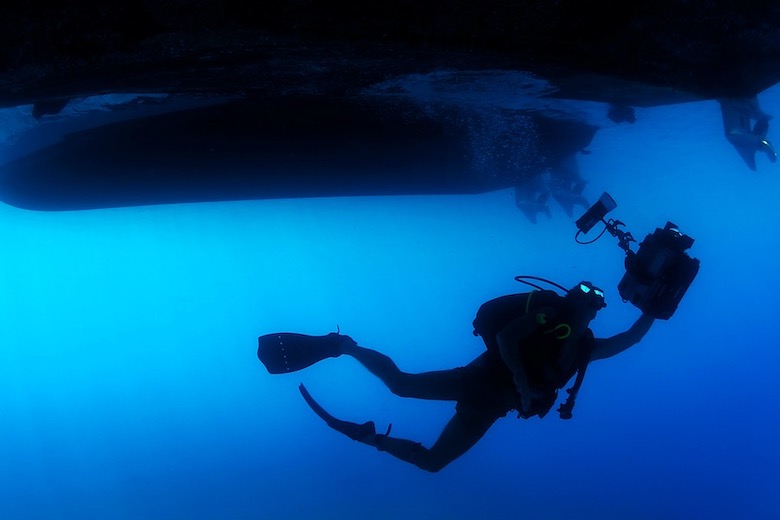
Learn to scuba dive with the ultimate Scuba Diving For Beginners guide. Find out how you can save money and time getting your scuba certification, which scuba gear is essential and other scuba diving tips that will give you the confidence you need to start exploring some of the best reefs around the world.
We’ve all been mesmerised by the photos and videos of the weird and wonderful things scuba divers discover beneath the surface of our oceans. The thrill of breathing underwater while defying gravity makes it that much more exciting to explore the virtually unknown 70% of our planet.
If you too have the burning desire to feed your curiosity, then you’ve come to the right place. We’re giving you a scuba diving for beginners step-by-step guide on everything you need to know to get your scuba certification.
We also reveal which scuba gear is worth buying and which scuba diving equipment you should rather rent.
What to Expect as a Scuba Diving Beginner
Before you back roll into the what, where, how and when of scuba diving; it’s important to fully understand what you’re getting yourself into.
Sure, you don’t need any more convincing. You’ve got your eyes set on becoming a scuba diver and nothing’s going to get between you and finding Nemo.
But hold your seahorses for a second! Taking a moment to grasp which scuba certification you need, will save you a lot of time, effort and money in the future.
Trust us, we’ve been there, done that, and have the bills to prove it.
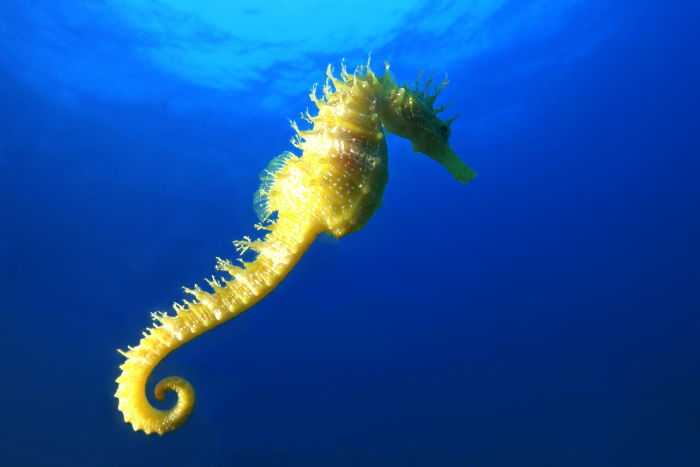
Learning how to scuba dive is much like learning how to drive a car. First you need to understand the basics which involves learning theory and writing a test. But don’t worry! The theory is simple and straight forward.
If you read and go through all the material that’s provided, it’s probably harder to fail. So unless you struggled to make it out of kindergarten, you’ll be fine.
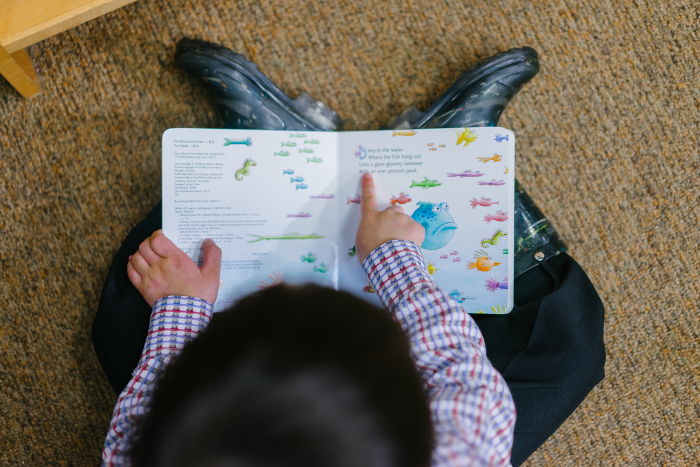
Then comes the fun part, the practical! This involves several sessions of underwater lessons which are designed to prepare you for exploring the challenging, yet tranquil nature of the deep blue. And if at the end of it all you’re deemed competent by your dive master, you’ll receive your scuba diving certification, paving the way for you to conquer all seven seas.
If you’ve ever felt nervous, fearful or anxious about scuba diving and want to learn how to conquer your fears, read our 11 Scuba Diving Tips For Overcoming Diving Anxiety.
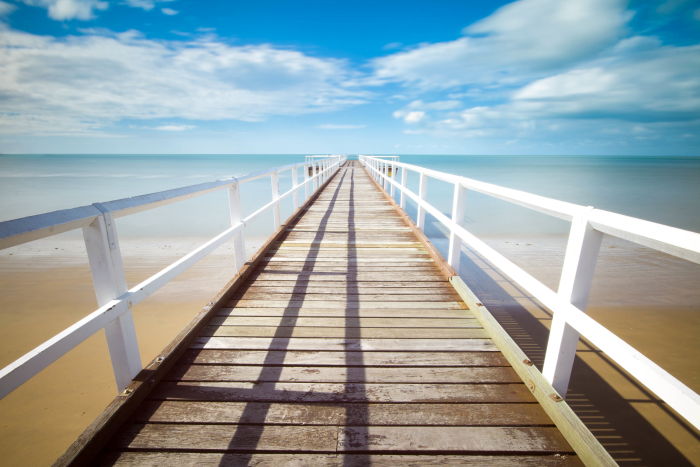
Which Scuba Certification You Need and Why
The first step to take as scuba diving beginners, is to decide which diving agency to get certified with.
There are several diving certification agencies around the world. Each offering training based on their own standards for recreational diving.
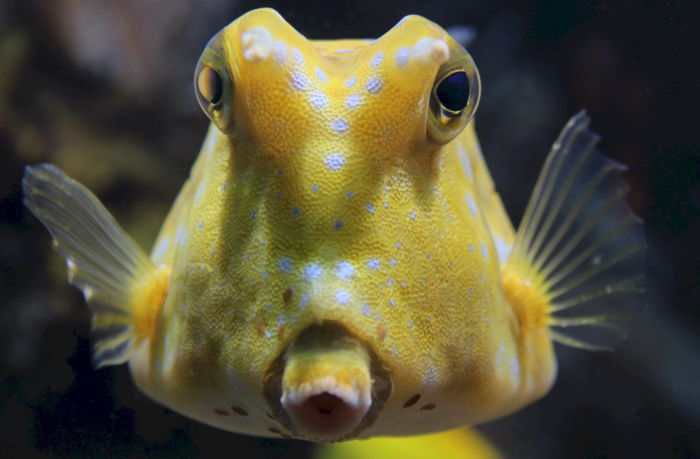
PADI Scuba Diving Certification
The Professional Association of Diving Instructors (PADI) is the largest and most prominent scuba diving certification agency.
If you’ve never heard of them, then we’d really love to know which rock (or coral) you live under.
Not only does PADI have the biggest marketing budget, they also have the most number of franchised dive centres and resorts that are affiliated with them.
So if you’re planning on diving at the best scuba diving destinations around the world, then you should get a PADI certification. PADI is recognised virtually everywhere around the world (besides the desert).

PADI offers several recreational diving certifications. These are the ones you need to get to start scuba diving.
PADI Open Water Diver Certification
If you’re yearning to become a scuba diver, diving certification begins here! You’ll first need to obtain an Open Water Diver (OWD) certification before embarking on your scuba diving journey.
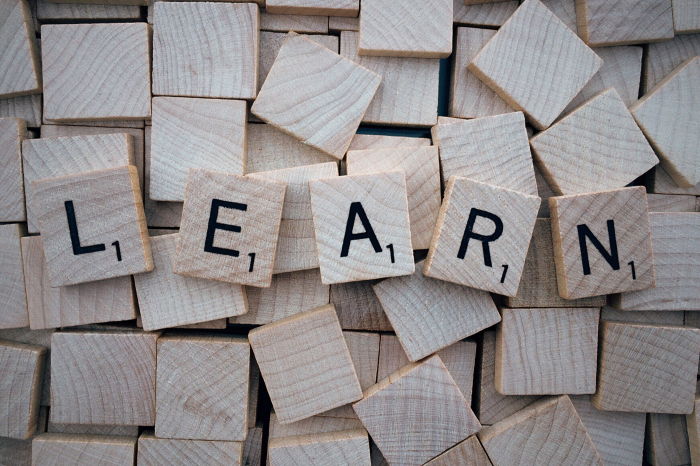
We enrolled for the PADI Open Water Diver Course in what almost feels like an eternity ago. The course involved reading, watching DVD’s and some more reading.
After we aced our theory tests (because we’re just too competitive for our own good), our training moved over to the pool where we were put through our paces while practicing our new skills.
After we convinced our dive master that we wouldn’t drown, they scheduled us four open water dives in a lake to complete our training. We’ll explain why we didn’t’ choose to dive in the ocean later.
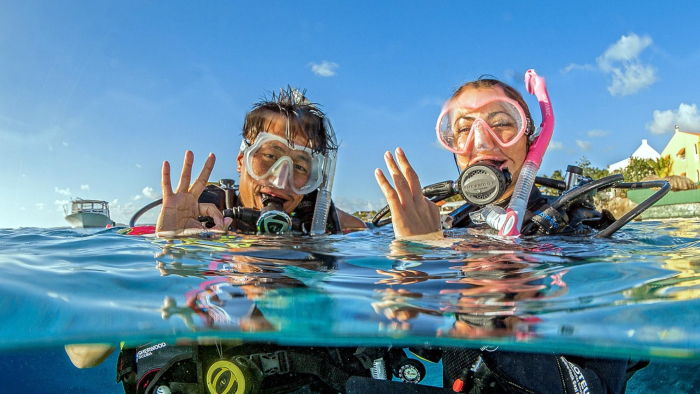
And that was it! Two weekends later, we got the first certification required for beginners scuba diving and officially became certified divers.
Armed with the PADI Open Water certification, we were certified to dive up to 18 meters (60 feet). But if you want to dive deeper (up to 30m or 100 feet), you have to go ‘Advanced’.
PADI Advanced Open Water Diver Certification
There’s a fine line between joining a planned dive with everyone else, and remaining onboard a baking dingy, swaying uncontrollably from side to side because you didn’t have the necessary certification to manoeuvre through more challenging dive sites.
To avoid this, make sure to complete your Advanced Diving certification as soon as possible after getting your Open Waters certificate. As beginners to scuba diving, it may not seem necessary to get the Advanced Open Water Diver (AOWD) certification at first. But trust us when we say, it absolutely is!
Sure, most of the best dive sites we’ve explored are probably no deeper than 15 meters (50 feet). But the training you get teaches you so much more than being able to dive to 30 meters (60 feet). Plus, you get the added bonus of diving at sites that are less crowded and frequented by other scuba divers.
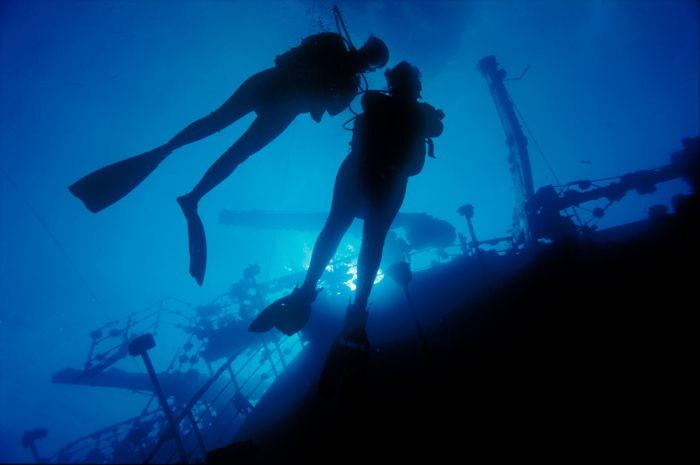
We signed up for the Advanced Open Water Diver certification immediately after receiving our Open Water Diver certification. Maybe we had no life for 6 straight weeks, but it was the best decision we’ve ever made.
The worst decision we’ve ever made? Not getting Nitrox certified.
Save Me For Later
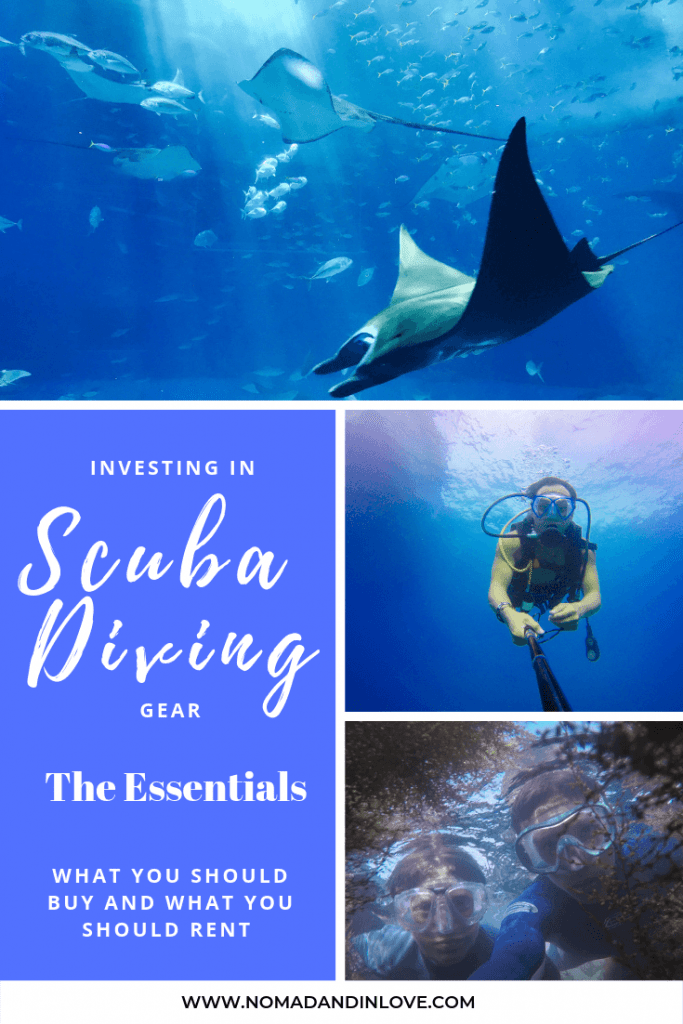
PADI Enriched Air (Nitrox) Diver Certification
PADI is a marketing machine that offers a seemingly infinite number of scuba diving courses. Some of which, sound like you’d only require common sense to complete.
The only regret that makes us think about what could have been, is not having completed the Nitrox certification right from the get go.
Not only is the Enriched Air Diver certification one of PADI’s most popular specialty certifications. It’s also the course most experienced divers would recommend you do.
Why? Scuba diving with Nitrox gives you more ‘no decompression time’. This is especially useful on repetitive scuba dives and allows you to live your mermaid (or merman) fantasy for a little while longer.
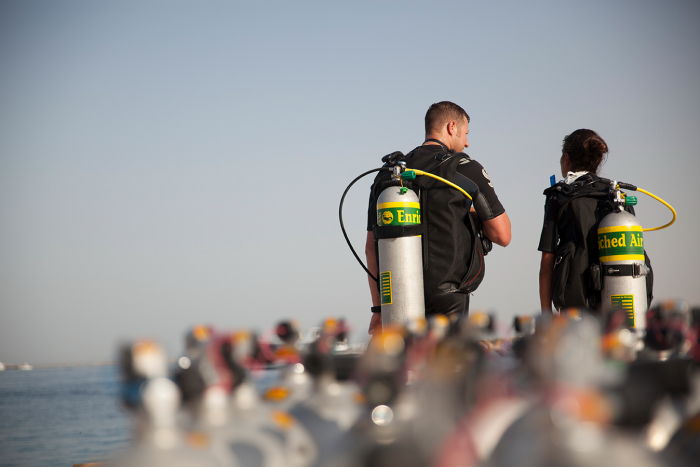
If we’d read this very same guide back then, we’d have included the Nitrox course with our Advanced Open Water certification from the start. At least now we can take comfort in knowing that we’ve saved you from living a life full of regret.
As scuba diving beginners, completing all three diving certifications from the get go is by far the best way of getting the most out of your scuba diving journey.
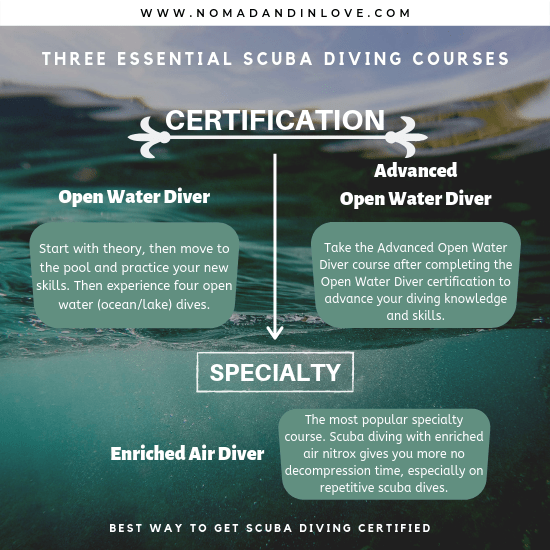
Where to Complete Your Scuba Diving Certification
So now that the catfish is out of the bag and you know which three scuba certifications you should do as a scuba diving beginner, it’s time to consider where to get scuba certified.
Luckily, PADI has dive centres and resorts where you can complete your scuba diving certifications virtually anywhere across the world.
Simply unlock your phone, open Google Maps, type in the word ‘PADI’ and hit search. You’ll reveal several dive centres closest to you where you can complete your scuba diving certifications.
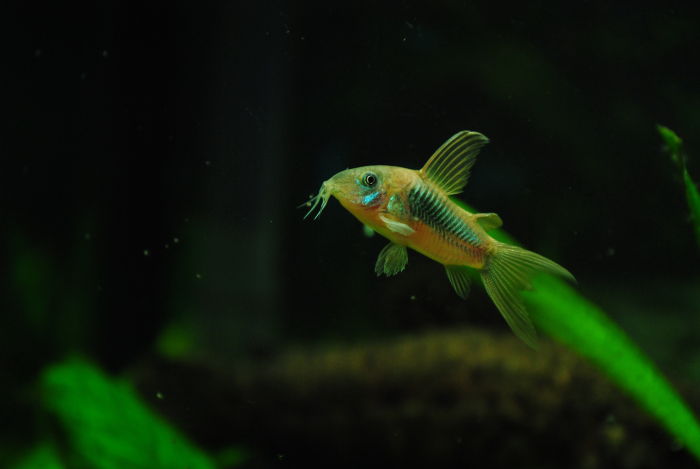
We prefer to use the PADI Dive Shop Locator to find PADI accredited dive facilities when deciding which centres to dive with. All PADI dive centres and resorts meet minimum requirements for dive services, so you’ll be in capable hands.
You’ll notice that certain ones have earned higher ratings (such as a PADI 5 Star Centre), which simply means they offer additional training and services.
Best Place to Learn How to Scuba Dive
Earlier we mentioned that we learnt how to dive in a lake. It was actually a spring-fed mining quarry which has since been allowed to fill up into a massive body of water, converting it into a lake.
You’re probably scratching your head right now. We were too when the dive centre tried to sell us the same idea. But after giving it a lot of thought and considering it in the grand scheme of things, it ticked all our boxes. We had two options.
The more expensive option: complete the practical 5 hours away in the ocean. Or the cheaper option: complete our scuba diving certifications close to home and in the shortest time possible. Safe to say, we chose the most practical and affordable way to get our scuba certification.
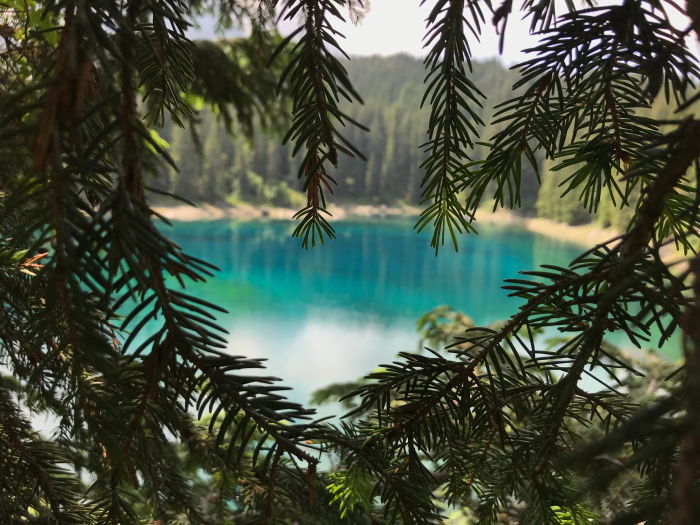
The reality is that you have several options available to you. If you don’t live several hundred kilometres from the sea, then it absolutely makes sense to get scuba certified in the ocean. The best place will depend on where you live, your budget and how quickly you want to get your diving certifications.
We simply chose a location that was close to home, was affordable and allowed us to get both our Open Water Diver and Advanced Open Water Diver certifications within 6 weeks.
We lived in Johannesburg at the time, so the lake was our best option. For your sake, we hope you’re not too far from the ocean.
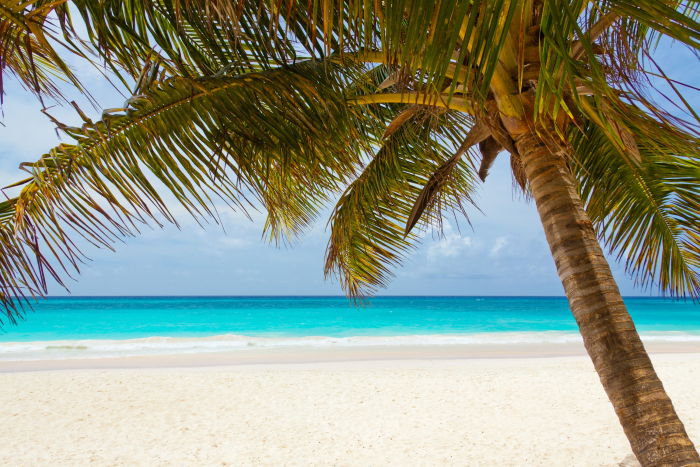
Should You Get Your Scuba Certification While On Vacation
The short answer is no! The long answer is also no! The thought of learning how to scuba dive on a paradise island sounds amazing. You’ll complete your training in and amongst whale sharks, manta rays and maybe a ‘battery’ of giant barracuda.
The reality is that you’ll be so preoccupied with figuring out how to equalise, whilst descending into the depths of the ocean, and simultaneously trying to apply everything you’ve learnt from the PADI scuba divers manual and your practical in the pool to maintain the perfect buoyancy; that you won’t even pay attention to what’s happening around you.
Chances are you won’t get to fully enjoy the dive site during your training and you’ll have to return again once you’re certified. And the idea of spending hours learning theory necessary for the scuba certification whilst on vacation doesn’t really float our boat.

To make the most of your hard earned money and time spent on vacation, learn to scuba dive closer to home over the weekend instead.
Scuba Diving Gear for Beginners
Before you rush out and splurge on every single scuba gear listed in the scuba diver manual, take a moment to really consider what you need for scuba diving.

Our ‘other’ only regret is investing in scuba diving weight belts, which eventually became door stops and paper weights.
We used them once during our first self-drive trip. But after we started venturing to faraway destinations that required air travel, we quickly realised how silly it would be to fly anywhere with weight belts in our check-in luggage.
Certain scuba gear is totally worth investing in. But for other diving equipment, it’s best to rent them instead.
Related Guide: Looking for travel-friendly and useful scuba gear and accessories that cost less than $60? Check out our Gifts for Scuba Divers guide.
Should You Buy or Rent Scuba Gear
The fun part of being a scuba diver is that you’ll start travelling more as you venture out to explore the best diving destinations across the world, all with their own unique topography and aquatic life.
Unless you’re willing to wear all your scuba gear on the flight, taking a scuba tank, regulator, BCD, depth and pressure gauge, and weight belt is not practical for flying.
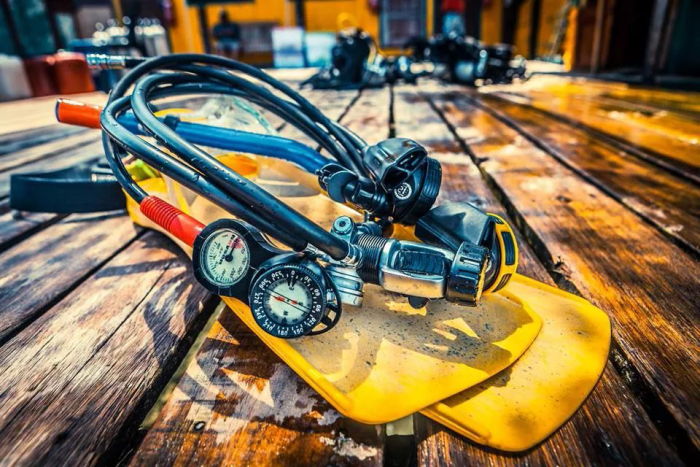
Instead, you should consider renting these scuba gear from the dive centre.
Your dive master will have other essential scuba gear such as a surface marker buoy (SMB), dive knife, and compass during dives. So you don’t need to invest in these items.
As for the other essential diving equipment, here’s a list of the scuba gear every diver should own and are worth investing in.
Related Guide: Do you love diving as much as we do? Get some inspiration on awesome scuba diving destinations and find out what it’s like to dive in Zanzibar.
Essential Scuba Gear Every Diver Should Own
We’re all comfortable in our skin, right? Scuba diving works the same. Well, for us anyway. We figured that by diving with the same equipment, we wouldn’t need to make adjustments to our buoyancy each time we gear up using rented scuba gear.
Smart, we know! Although we had to break the bank to get quality diving gear, we really find that diving in our own equipment gives us more confidence underwater.
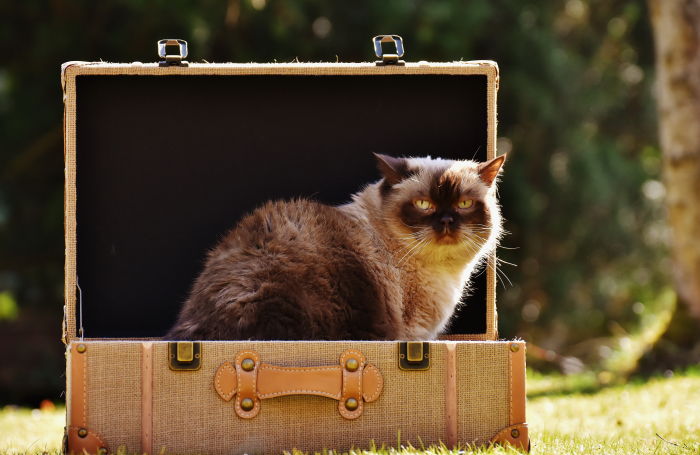
Essential Travel-Friendly Scuba Gear Every Diver Should Own
- Scuba Gear Bag
- Dry Bag
- Diving Mask
- Defogger
- Snorkel
- Fins
- Dive Computer
- Rash Vest
- Wet Suit (5mm is versatile)
- Scuba Diving Booties
- Underwater Camera (nice to have)
- Torch (nice to have)
Not sure what scuba gear to buy first? Check out our Scuba Diving Gear For Beginners guide. We explain the function of every gear listed above, whether this equipment is worth buying vs renting, the exact product we use, as well as how much it costs.
How to Book Your First Scuba Diving Trip
We still get goose bumps when we think about our very first official dive in the ocean.
Not because of how amazing it was to dive with devil rays and white tip sharks off the Coast of Bazaruto Island in Mozambique. But because we were petrified having just heard during our dive briefing that our first dive would be a drift dive.
All we could think about was that we weren’t drift diver certified. Yeah, that’s another course PADI offers. And of course, we didn’t breathe a word about our lack of experience to our dive master. We just went casually along hoping that we would see our families again.
And what we thought would be the worst first scuba diving experience for any beginner, actually turned out to be the easiest dive we’ve ever done. Let’s just say the drift did all the work and we were simply taken for a ride.
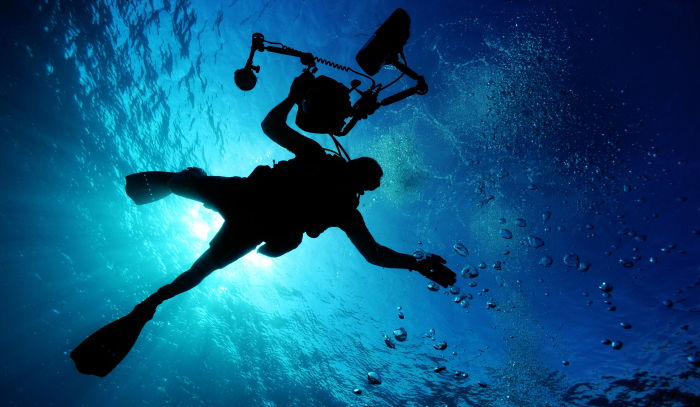
Deciding where to book your first scuba diving trip shouldn’t have to be hard work. There are thousands of dive sites around the world suitable for scuba diving beginners. Once you’ve decided on a diving destination, use the PADI Dive Shop Locator to identify a dive centre or even a resort to book your first scuba diving trip.
Just remember to inform the dive centre crew that you’re a newbie, so they take extra good care of you during your first few dives. The more dives you get under your weight-belt, the more confident you’ll become underwater.
And once you’ve completed several dives, you may even want to take your scuba diving experience to another level and discover the exciting world of Liveaboard Diving.
Exploring the World of Scuba Diving
You’ve been yearning to learn to scuba dive so you can experience unparalleled adventure and discover the world beneath the waves. Congratulations! Now that you’ve discovered how to become a qualified scuba diver in the shortest amount of time possible, get out there and start exploring some of the best reefs around the world.
And when you’re ready to take your scuba diving to the next level, check out our Best Liveaboard Boats Around the World guide. Discover how much the best liveaboard boats cost and which of the best dive sites around the world you can explore.
Share this Scuba Diving For Beginners guide with your friends and family, so they can explore the enchanting underwater world with you.
Still unsure about scuba diving? Why not go on a virtual scuba diving experience to help make up your mind.

